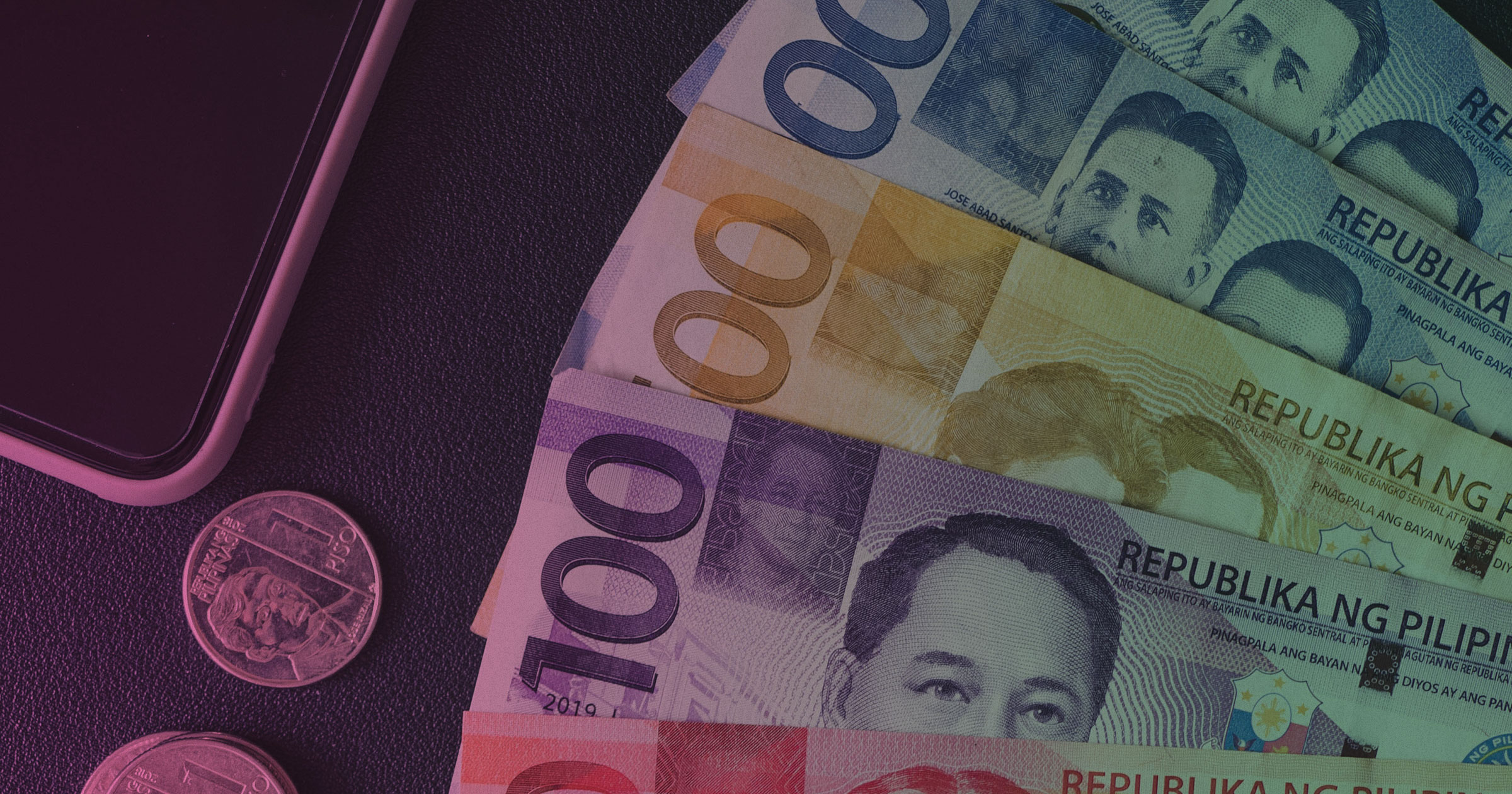The myth
There are a lot of ways that cash can be used in your finances, from paying bills and other necessities, to investing in products that may increase in value or provide interest or dividends. When cash is kept in your portfolio, it can either be used for additional investments or it can be treated as a reserve or additional emergency fund.
That’s why some people believe that the more cash in your portfolio, the better.
Why do people believe it?
In your portfolio, cash gives 2 solid advantages. First, it allows you to react quickly when you see a good investment opportunity. Otherwise, you would have to decide if moving money from an existing product into the new one would be a wise move for you.
Second, cash in your portfolio can also reduce the negative impact of a market drop that affects your existing investments. In this case, you would be holding it as a reserve and not planning on using it for further investments.
Risks of believing this myth
If you hold a lot of cash in your portfolio as a reserve, you’ll be missing out on the potential profits that you might get if you invested some of it.
This is true even if you keep your cash in a savings account. That’s because the interest that such an account would give you is typically much less than the potential returns from an investment product like a managed fund.
That doesn’t mean, of course, that you shouldn’t have much cash in your portfolio. You must just be willing to use some of it whenever you find an investment product with good potential that matches your situation and goal.
Verdict: It depends.
Having cash is always a good thing. Having a lot of it in your investment portfolio, however, might not be the most efficient way to use it, depending on your plans for it.
While there’s no exact figure, many experts say that your portfolio should have between 5 and 10 percent in cash. If you use some of it for further investments, add to it to maintain this percentage.
This also emphasizes the importance of having an emergency fund with 6 to 12 months of essential expenses before you invest. That gives you the confidence to go long term without having to worry about unexpected events that require you to shell out cash.

.jpg)
